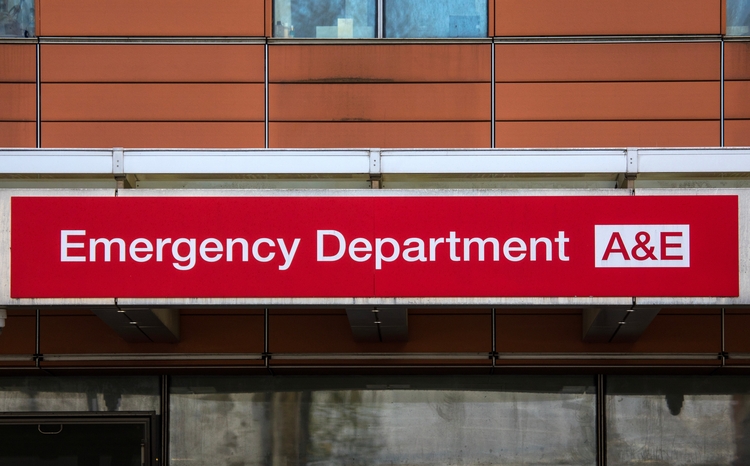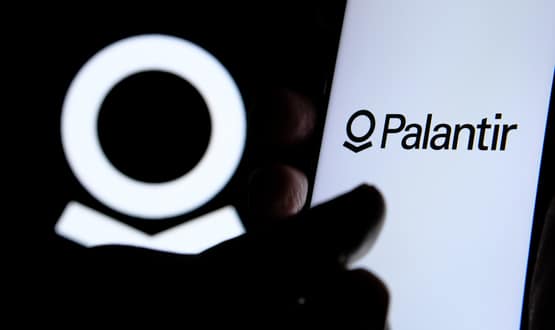Secondment buy-out
- 12 June 2006

The Southern Cluster bought itself out of obligations to second NHS staff to local service provider the Fujitsu Alliance at a cost of £19m as long ago as January this year, E-Health Insider has learnt.
There is no evidence that the cost is being passed to local trusts and PCTs, but is instead being borne by strategic health authorities.
E-Health Insider reported in May last year that there was concern about the liabilities created for the NHS under the Supplier Attachment Scheme. Details of the money paid out in the south of England to compensate for trusts’ lack of capacity to second staff came to light recently after a series of parliamentary questions by Conservative MP, Richard Bacon.
Bacon’s questions to former health minister, Liam Byrne, established that four of the five clusters had signed agreements with their LSP to provide NHS staff under the scheme.
The Southern Cluster had agreed to place the equivalent of 50 employees with Fujitsu. North West/West Midlands Cluster had agreed to provide 50 whole time equivalents to CSC at a cost of £6.9m a year. The North-east and Eastern Clusters had jointly agreed to provide 242,000 man-days over the term of its contract with Accenture although it had no contracted financial obligation.
Byrne praised the Supplier Attachment Scheme saying: “Fulfillment of the arrangement has advantages for the NHS in compensating price reductions and ensuring that NHS expertise is readily available to LSPs.”
He added: “The LSPs have said that they greatly value the arrangement and the benefits they derive from it.”
Anger
|
"[Trusts] are being forced to pay money they don’t have and release staff they can’t spare, for something they don’t want and which doesn’t work" — Richard Bacon, Conservative MP for South Norfolk and member of the Public Accounts Committee
|
Bacon, a member of the Commons public accounts committee, condemned the Southern Cluster buy out.
He said: “At a time when hard-pressed NHS trusts are having to make painful choices in order to reduce deficits, they are being forced to pay money they don’t have and release staff they can’t spare, for something they don’t want and which doesn’t work."
EHI sources indicate that there is widespread anger within the NHS at the inclusion of the Supplier Attachment Scheme to the contracts and at the £19m payment to Fujitsu.
They variously said it was “absolutely shocking”, “money for old rope”, and a sop to the LSP to make up for the lack of any real movement on the contract.
One senior source said the Supplier Attachment Scheme was added to LSP contracts after trust and PCT-level involvement in negotiations had ended and had always been resented by local managers.
He said: “The rationale was that NHS staff would gain valuable experience as the implementations increased and they would be useful to the clusters. They would also ameliorate the cost of LSPs providing resources.
“The reality of course was that it was never going to work. The people you might want to second were those needed locally. They were never going to have an impact at an LSP where there were hundreds of staff working on a project.”
The question of costs
Trusts’ unwillingness to supply staff for secondment became clear in the Southern Cluster last year and the buy out was agreed with payment made in January, say EHI sources.
The money came from central funds and was passed on to strategic health authorities that will decide whether to pass this on to local health economies. A senior source in the south said: “I know of no trust that has been fined.”
Early attempts by SHAs in the North West and the West Midlands to pass on the costs to local health economies also appear to have been withdrawn.
For example, minutes from the December 2005 meeting of South Warwickshire Local Health Economy IT programme board say that the West Midlands South Strategic Health Authority IT Programme Board “had determined to apply the full contractual penalty to those LHCs which have not seconded appropriate resource to the programme. For South Warwickshire the penalty was £130k for 2005-6 against a budgeted figure of £40k.”
At the board meeting Teresa French, acting chief executive of South Warwickshire PCT, said penalties should work both ways and that delays to LHCs in provision of software should be similarly recompensed. She asked for this to be raised formally in a letter with SHA.
However, a spokesperson said no fine was ever paid. She said: “There were initial problems with seconding staff to the project in 2005/06, and as a consequence some of the funding that was attached to this secondment has been lost, but we are not required to pay any fines. Staff have been successfully seconded this year and we will continue to receive appropriate funding for this.”
Missed opportunity
NHS Connecting for Health declined to answer questions about who is footing the £19m bill and whether it is being passed on to NHS trusts and PCTs. A statement is expected later this week.
In a holding statement, CfH press office said that the involvement of NHS staff in the design and implementation of systems was essential.
The statement continued: “It was always recognised that it would be a challenge to source NHS staff with the necessary expertise because it would be difficult to release them from their normal duties.”
Ewan Davis, chairman of the British Computer Society’s primary healthcare special interest group, said failure to second the NHS staff was a missed opportunity.
He added: “The real concern must be that this demonstrates the failure of leadership at the most senior level that allowed trusts and PCTs not to nominate people to second.”
Related articles
NWWM faces £75m potential liabilities on SAS scheme




